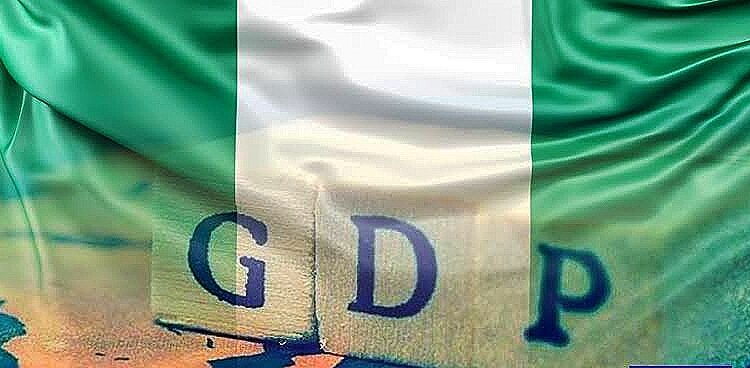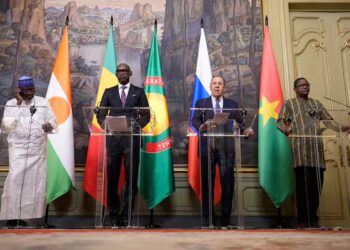By John Ikani
A report released by London-based Capital Economics indicate that Nigeria’s Gross Domestic Product (GDP) growth weakened further by 1.5 percent in the second quarter (Q2).
GDP is the most commonly used measure for the size of an economy. It is one of the most important tools for looking at how well, or badly, an economy is doing.
Capital Economics in the report, attributed the slump in Nigeria’s GDP to the ongoing production problems in the oil sector.
The report which said the problems will drag on growth in the coming year, predicted that the economy will fare worse than most expect in 2022 to 2023.
Official data from the Nigeria Bureau of Statistics showed the GDP grew by 3.1 percent year-on-year in Q1 2022, down from 4 percent in Q4 2021.
The slowdown, according to Capital Economics, was mainly due to a severe 26 percent year-on-year contraction in the key oil sector, and a pick-up in non-oil sector growth to 6.1 percent year-on-year was not sufficient to offset that.
It said oil production figures for June showed only a small improvement, ticking up from a 35-year low of 1.23 million barrels per day (bpd) in May to 1.24 million bpd.
The report said over the second quarter, average oil output was 8.9 percent lower compared to the first quarter, pointing to the sector remaining a sizable drag on headline growth.
It said: “In the meantime, the non-oil sector has weakened. The purchasing manager’s index (PMI), which covers the private sector, fell from 55.0 on average in Q1 to 53.5 in Q2.
“Admittedly, our measure of imports, a proxy for domestic demand, rose in June. But the large rise in imports from Nigeria’s biggest trading partner, China, probably paints an overly rosy picture as it reflects easing shipping bottlenecks as China exited lockdown. Imports from other key partners stagnated or fell over the same period. Overall, we think GDP growth slowed to 1.5 percent year on year in Q2.”
According to the report, more timely data point to activity only strengthening slightly at the start of the third quarter (Q3), with the PMI rising from 50.9 in June to 53.2 in July.
It said: “However, currency developments are increasingly concerning, with the parallel market rate falling to a low of 700 per dollar at the end of July. This, combined with draconian FX restrictions caused inflation to rise to 18.6 percent in June, up from 17.7 percent in May.
“Looking ahead, we don’t expect a marked pick-up in GDP growth, even with the troubles in the oil sector likely to ease a touch and fiscal loosening ahead of the elections early next year supporting growth in the non-oil sector. Our GDP growth forecast of 2.3 percent for both this year and the next is well below consensus.”




































